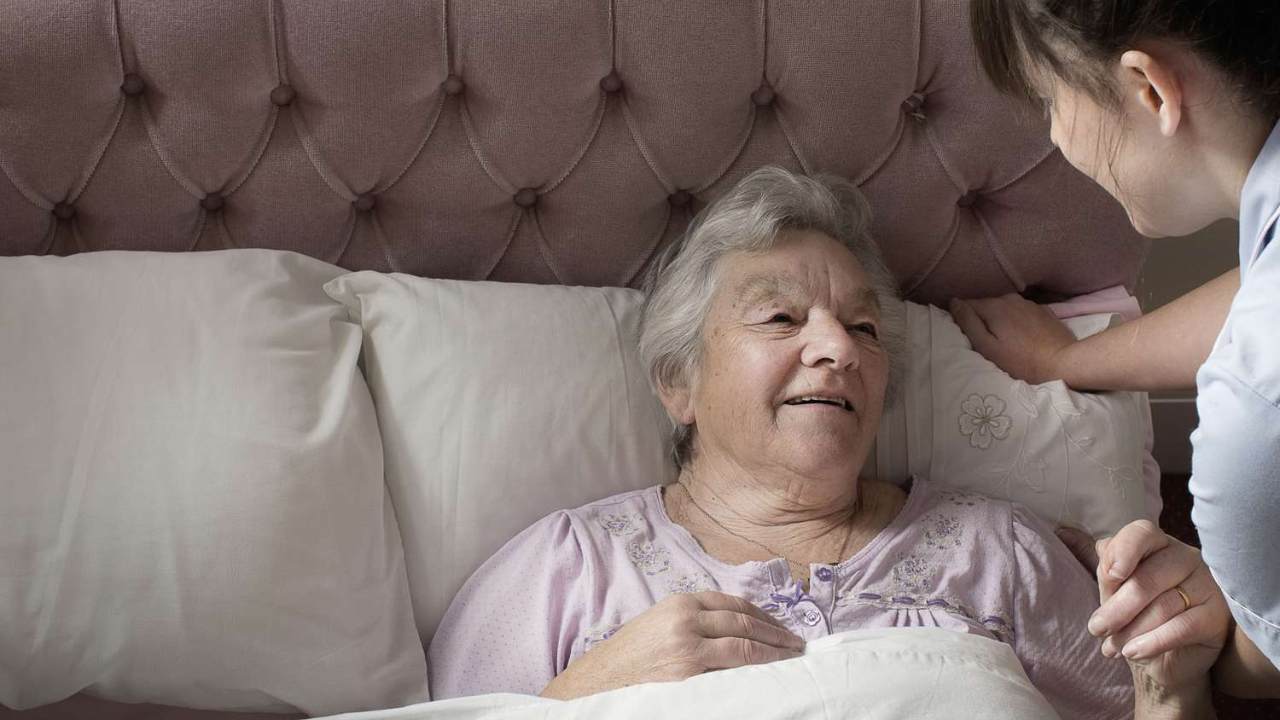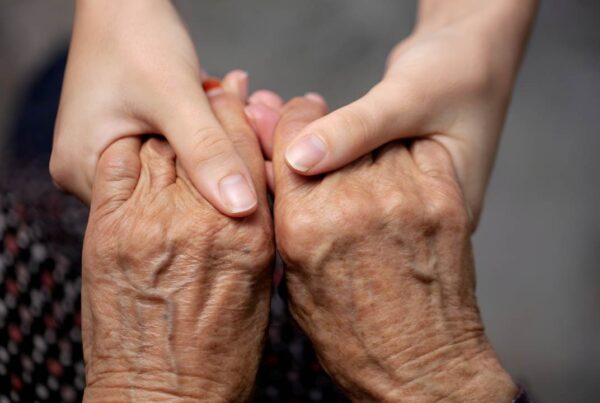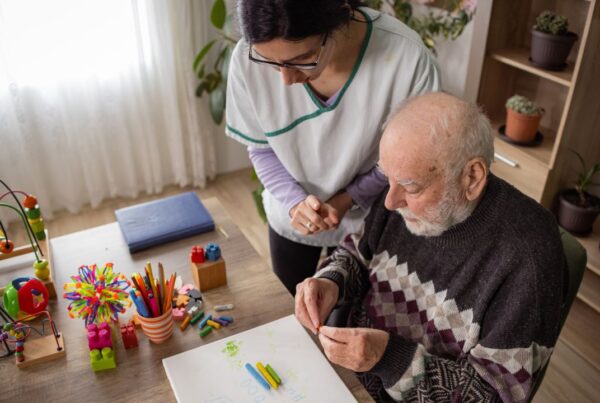Is palliative care a sign that there’s no hope left? This is one of the biggest misunderstandings about palliative care. In reality, it’s a specialised approach focused on easing pain and improving quality of life for people with serious illnesses at any stage. Palliative care is about living your best possible life despite health challenges. It provides crucial support, not just at life’s end but throughout the journey of illness.
So, without any further ado, let’s learn more about it!
What is Palliative Care?
What exactly is palliative care? Let’s break it down in simple terms. Palliative care is a type of help for people who are dealing with really tough illnesses. It’s there to make sure they feel as good as possible, even when they’re facing serious health problems. This kind of care isn’t just about treating the illness itself. Instead, it focuses a lot on easing pain and other hard symptoms that come with the illness.
Who really needs palliative care?
Now, here’s something really important to know: Palliative care isn’t only for people who are at the very end of their lives. It can affect anyone at any stage of a serious illness. So, if someone is just diagnosed, or if they’ve been dealing with a disease for a while, palliative care can help.
Who provides palliative care?
The cool part about palliative care is that it involves a team. This team might include doctors, nurses, and other experts who work together to give the best care possible. They look at what the person needs, not just physically, but also emotionally and sometimes spiritually. This means they help with things like stress, sadness, or any worries the person or their family might have.
Is Palliative Care Only for the Dying?

Is palliative care just for people who are about to pass away? This is one of the biggest myths out there. The truth is, palliative care is for anyone at any stage of a serious illness. It’s not just about helping people in their final days.
Palliative care is here to improve life for the sick and their families. Whether it’s the start of a challenging diagnosis or somewhere down the line, this care is about easing pain and making everyday life better. It’s all about comfort, support, and making sure people can enjoy life as much as possible, no matter their health situation.
So, remember, palliative care isn’t a signal that there’s no hope left. Instead, it’s a valuable type of care that focuses on quality of life, helping people and their families handle the tough stuff that comes with serious illnesses. It’s about living well, no matter what you’re facing. Let’s keep moving forward and learn more about how palliative care makes a difference.
Why Do People Misunderstand Palliative Care?
Why do people often get palliative care wrong? There are a few big reasons why:
It sounds like “hospice”
A lot of times, people mix up palliative care with hospice care. They hear “palliative” and think it’s only for when someone is very close to dying. But that’s not true. Palliative care can help at any point in an illness, not just at the end.
Fear of talking about serious illness
Sometimes, talking about or even thinking about serious illness is really hard. People might avoid the topic altogether. This can lead to misunderstandings about what palliative care is and when it might be helpful. It’s important to talk openly about these things, so everyone understands the help that’s available.
Not enough info
Often, there just isn’t enough clear information out there about what palliative care is and what it does. Knowledge is power, and when people don’t have all the facts, misunderstandings can happen.
Doctors might not bring it up
Not all doctors talk about palliative care right away, especially if an illness is at an early stage. This might make people think it’s only something to consider much later on. But knowing about it early can make a big difference.
Understanding these reasons can help clear up a lot of the confusion around palliative care. It’s all about making life better and more comfortable for people facing tough illnesses, and the sooner everyone knows that, the better. Let’s keep exploring and learning more about this important kind of care.
Who is Part of a Palliative Care Team?
Who’s in a palliative care team? This team is like a group of superheroes, each with their own special skills to help people feel better. So, let’s meet them:
Doctors and nurses

These are the medical professionals who know all about different illnesses and the best ways to treat symptoms. They’re like the leaders of the team, making sure everything is running smoothly.
Social workers
Think of social workers as the helpers who listen and provide support. They’re there to talk about feelings and help with practical stuff, like figuring out care at home or sorting out paperwork.
Therapists
These team members are all about making you feel better, both in your body and mind. Physical therapists can help with moving around more easily, while occupational therapists find ways to make daily tasks simpler. Plus, there are speech therapists who can help if someone’s having trouble talking or swallowing.
Chaplains or spiritual advisors
For many people, feeling connected to their faith or spirituality is really important, especially during tough times. Chaplains are there to offer spiritual support, no matter what someone believes.
Pharmacists
Pharmacists are the experts on medicine. They make sure that the medicines are helping and not causing any unnecessary side effects.
Nutritionists
Eating well can make a big difference in how someone feels. Nutritionists give advice on the best foods to eat to stay strong and manage symptoms.
This team works together to make sure the person receiving care feels as good as possible. They talk to each other, share ideas, and come up with the best plan. It’s all about teamwork.
When Should You Consider Palliative Care?

When is it the right time to think about palliative care? It’s a good question, and knowing the answer can make a big difference. Here are some key times when palliative care might be the right choice:
At diagnosis
When someone first finds out they have a serious illness, it can be a shock. Starting palliative care early can help manage symptoms right from the start, making things a bit easier to handle.
During treatment
If treatment is tough and causes a lot of side effects, palliative care can help ease those, making the whole process more bearable.
When daily life gets hard
If the illness makes everyday things like eating, sleeping, or moving around difficult, palliative care can offer solutions to improve quality of life.
For support and comfort
Sometimes, just having someone to talk to about fears or concerns can be a big help. Palliative care teams are there to support not just the patient, but their families too.
When symptoms are tough
For symptoms that are really hard to manage, like severe pain or shortness of breath, palliative care specialists can offer new ways to find relief.
Remember, palliative care is about making life better, no matter where someone is in their illness. It’s not just for end-of-life care, but for any stage of a serious illness where extra support can make a big difference. Let’s keep going and learn more about how palliative care can help improve quality of life.
How Does Palliative Care Improve Quality of Life?
How does palliative care make life better? It’s all about focusing on comfort, support, and making each day as good as it can be. Here’s how palliative care helps:
Easing pain and symptoms
One of the big ways palliative care helps is by managing pain and other tough symptoms like nausea or trouble breathing. This means patients can feel more comfortable and focus on enjoying life.
Emotional and social support
Feeling worried or sad is common when dealing with a serious illness. Palliative care teams include people like social workers and counsellors who are there to listen and help with these feelings, making sure patients and their families don’t feel alone.
Help with making tough decisions
Sometimes, deciding on the best treatment can be really hard. Palliative care teams help patients and their families understand all the options and choose what’s best for them, based on what’s most important to the patient.
Improving daily life
Palliative care can offer tips and tools to make daily tasks easier, like eating, sleeping, and moving around. This can make a big difference in how good someone feels each day.
Spiritual Care
For many, staying connected to their faith or spiritual beliefs is a big part of coping with illness. Palliative care includes support for this part of life too, helping patients find peace and comfort.
Summary
Palliative care is about enhancing life’s quality for those with serious illnesses, offering much more than end-of-life support. It aims to ease pain, provide emotional and spiritual backing, and assist with difficult choices, applicable at any illness stage. This approach focuses on comfort, support, and improving daily experiences, emphasising that it’s for anyone in need of relief from illness-related challenges.
If you or someone you know need the benefits of palliative care, Holly Care is ready to help. With a compassionate and experienced team, Holly Care provides personalised support to persons in need, ensuring comfort and dignity. Reach out to Holly Care for expert guidance and compassionate care in understanding and accessing palliative care services.
FAQs
1. Does palliative care mean the end of life?
No, palliative care is not limited to end-of-life situations. It’s designed to improve the quality of life for those with serious illnesses, at any stage, by managing symptoms and providing support.
2. Who can benefit from palliative care?
Anyone with a serious illness experiencing pain, stress, or other challenging symptoms can benefit from palliative care. It aims to make patients and their families more comfortable and improve their quality of life
3. What does palliative care include?
Palliative care provides a range of services, including pain and symptom management, emotional and spiritual support, assistance with decision-making, and coordination of care with other healthcare providers.
4. Can palliative care be provided at home?
Yes, palliative care can often be provided in the comfort of your own home, in addition to settings like hospitals, nursing homes, and outpatient clinics. This flexibility ensures that patients can receive care in the environment they find most comfortable and supportive.
5. Can palliative care help extend life?
Yes, by improving the quality of life and reducing distressing symptoms, palliative care can positively impact patients’ overall well-being and potentially extend life.
6. How do I know if palliative care is right for me or my loved one?
If you or a loved one is dealing with a serious illness and facing challenges related to symptoms, stress, or decision-making, it might be time to consider palliative care. It’s about supporting your needs and preferences throughout the illness.






